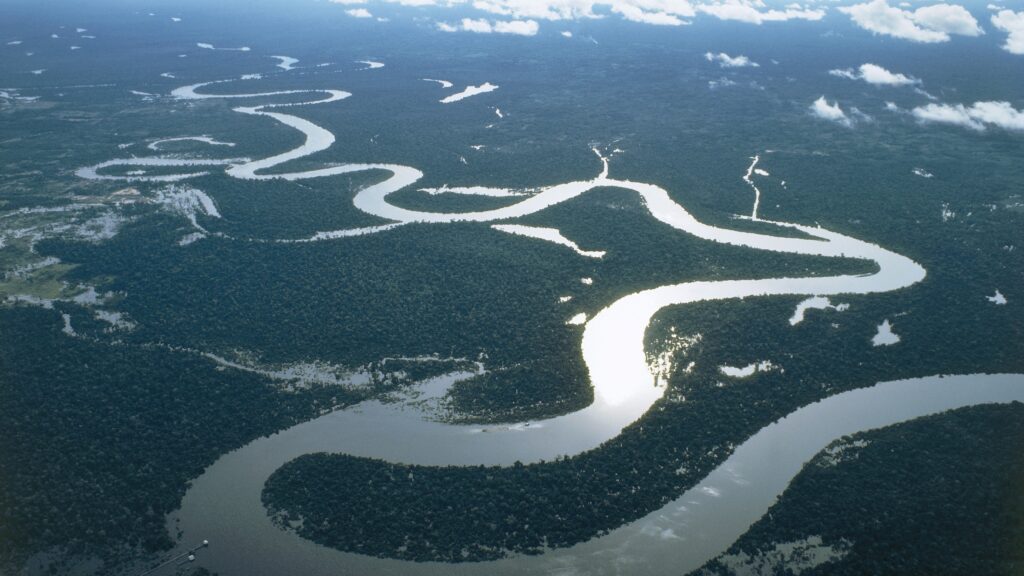A new study warns that even a slight slowdown of the Atlantic Meridional Overturning Circulation (AMOC), which includes the Gulf Stream, could significantly reduce rainfall in major rainforests like the Amazon, potentially leading to droughts that exacerbate climate change. The research, published in Nature, links historical climate data from 17,000 years ago to the current weakening of ocean currents, emphasizing the "stellar risk" this poses to usually humid areas.
Pedro Dinezio, lead author and atmospheric scientist at the University of Colorado Boulder, highlighted the Amazon’s critical role in carbon absorption, as it can release large amounts of carbon back into the atmosphere during droughts. The AMOC acts like a global conveyor belt, moving cold water and nutrients, but historical data shows it has shut down before under similar conditions. Current studies suggest that glacial meltwater from climate change might be contributing to its slowdown, with worst-case scenarios predicting a complete collapse within this century.
The research indicates that this weakening could lead to cooler North Atlantic temperatures and reduced rainfall in tropical regions, potentially cutting Amazonian rainfall by up to 40%. Despite the alarming predictions, researchers stress that the situation is not hopeless; the tropics remain sensitive to AMOC changes, and a complete collapse is unlikely. The trajectory depends on global climate change efforts. Dinezio urges immediate action to decarbonize economies and promote green technologies to avert catastrophic outcomes.


